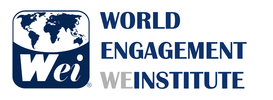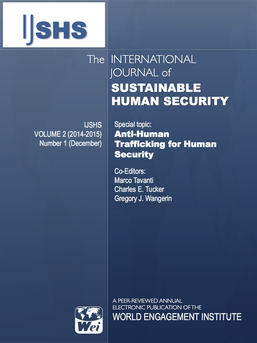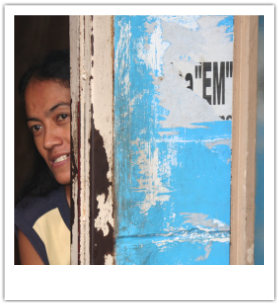|
Tavanti, Marco, Charles E. Tucker, Gregory J. Wangerin (Eds). Anti-Human Trafficking for Human Security. International Journal of Sustainable Human Security (IJSHS). Volume 2, Year 2014-2015, Number 1.
Published online on December 30, 2015 ISSN 2311-5920 (electronic version) Key title: International Journal of Sustainable Human Security Abbreviated key title: Int. j. sustain. hum. secur. Online access: www.weinstitute.org/ijshs |
IJSHS-2014-2015
|
ABOUT WEIThe World Engagement Institute (WEI) is a Chicago based international nongovernmental organization (INGO) registered as a tax-exempt 501(c)(3) non-profit corporation in the State of Illinois, USA. The mission of the Institute is to connect international development professionals with universities, academics and international organizations. Through its academically centered and multidisciplinary approach, WEI provides capacity development for transitional justice, gender equality and human security.
ENGAGE WEI |
MENUDONATE NOWWEI is a tax exempt organization (EIN # 45-2380776), and your contribution is tax-deductible as allowed by law. Please contact WEI if you need additional documentation. Thank you for supporting our mission and programs for international capacity development.
|
Copyright © 2011-2018 World Engagement Institute (WEI) - All rights reserved





